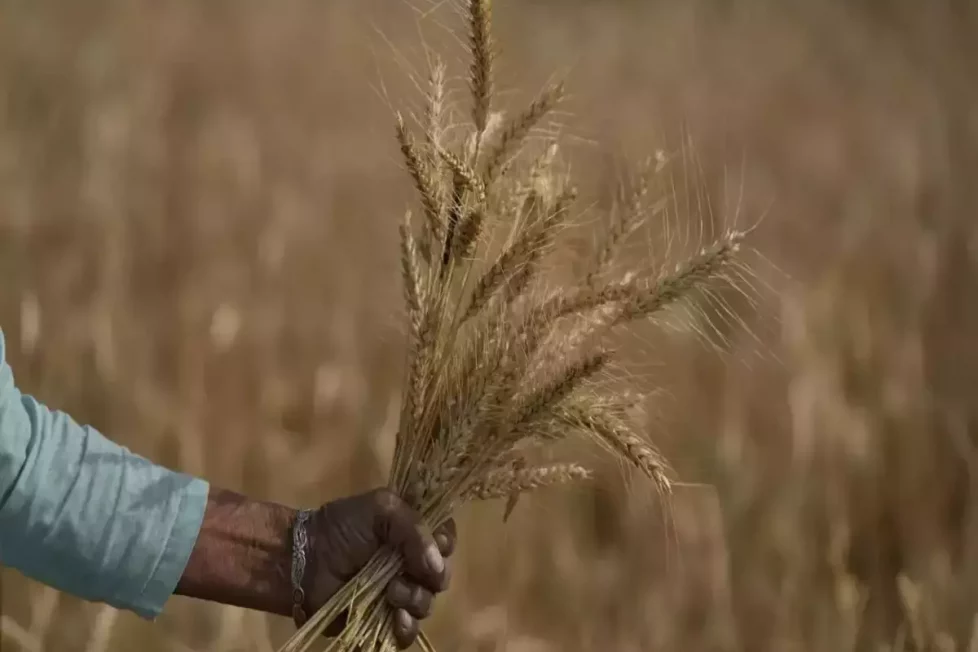India defends ‘wheat export’ ban, says critical to recognise the importance of equity, affordability and accessibility


India defended its policy and decision to ban wheat exports on Thursday, saying that the importance of justice, affordability, and accessibility of food grains must be appreciated.
MEA spokesperson Arindam Bagchi told the media, “India has always been supportive and helped its partners in distress even during Covid-19. These measures on wheat exports should be seen from that context,”
On May 13, the government announced some measures regulating wheat export, according to MEA spokesman. He further stated that these procedures allow export on the basis of licenses to those countries that needed to satisfy their food security demands, and this strategy will ensure that we actually respond to those in need.
V Muraleedharan, Minister of State for External Affairs, stated his anxiousness about global food insecurity while speaking at a high-level Ministerial Conference on ‘Global Food Security-Call to Action’ in New York on Wednesday (May 18).
Muralidharan has stated that several low-income societies are currently dealing with increased costs as well as limited availability of food grains. Even countries with abundant resources, such as India, have seen unjustified increases in food prices. Clearly, storage and speculation are at work.
With limited exceptions, India, the world’s second-largest wheat producer, has barred exports of the grain, potentially exacerbating a global shortfall worsened by the Ukraine conflict and aggravating an already bleak projection for worldwide food.
The Indian government immediately restricted wheat exports, with few exceptions, due to a price increase that challenged India’s food security. Limited exports were permitted later at the request of individual governments whose food supplies were in jeopardy.
DISCLAIMER: The author is solely responsible for the views expressed in this article. The author carries the responsibility for citing and/or licensing of images utilized within the text.
